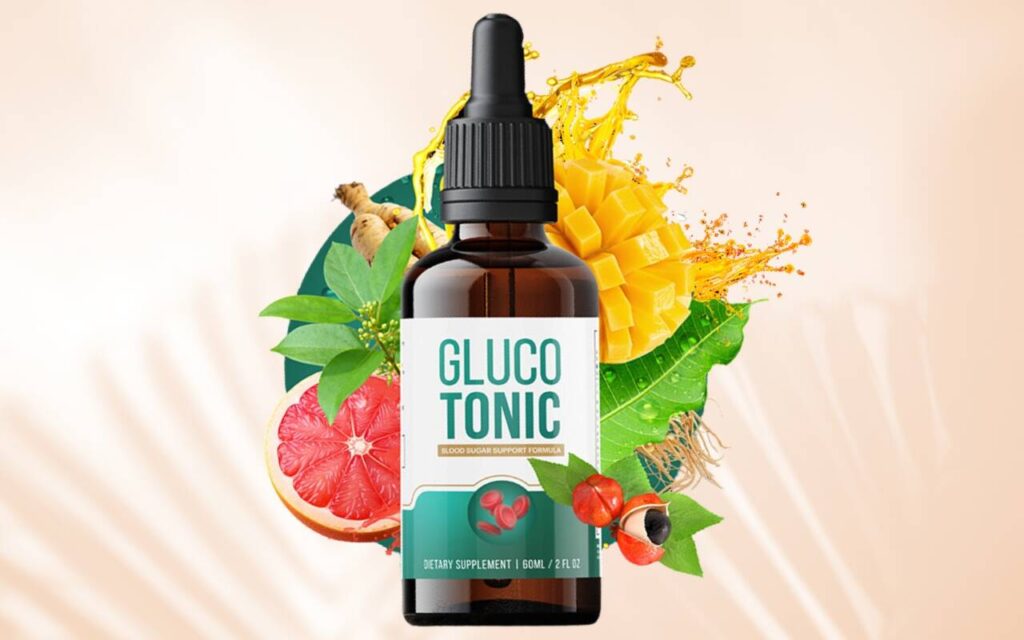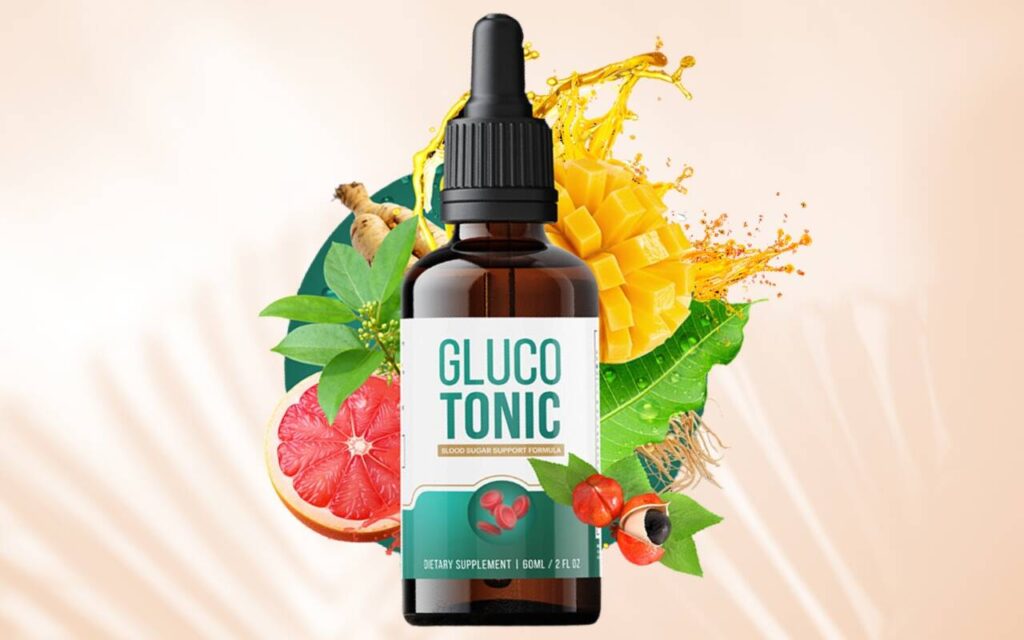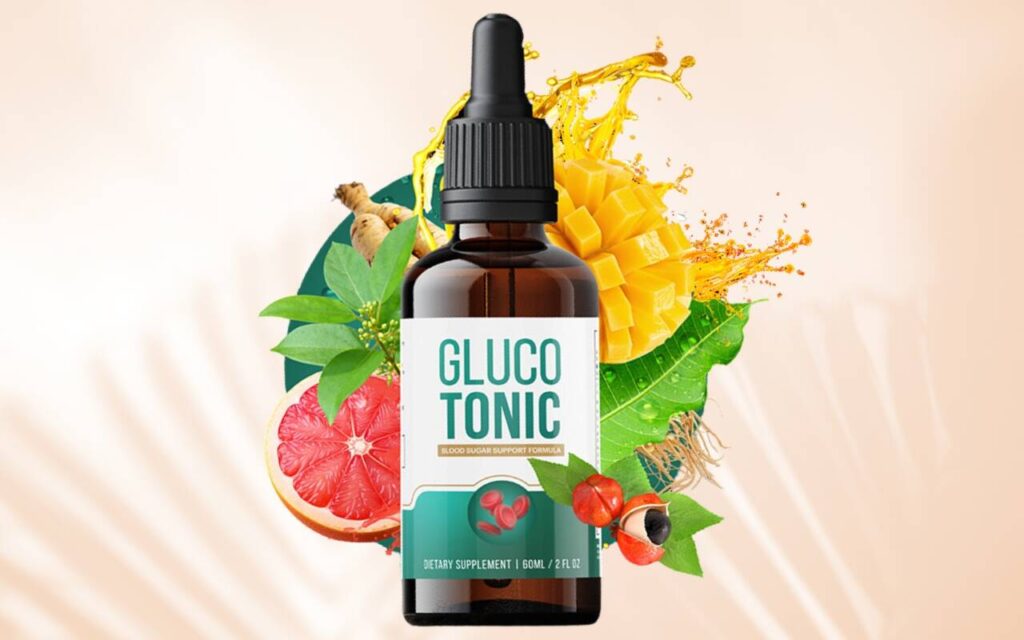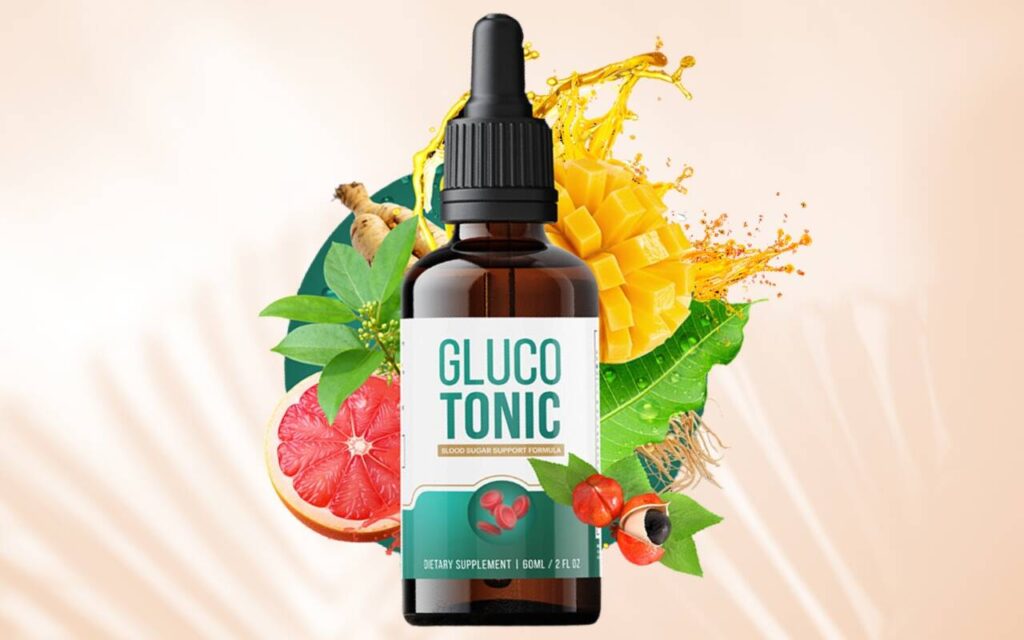Supplements to Lower Blood Sugar Naturally in Children
Managing blood sugar levels in children is a growing concern for many parents, especially with the rise in childhood obesity and type 2 diabetes. While a balanced diet, regular exercise, and medical supervision remain the cornerstones of healthy blood sugar regulation, certain supplements to lower blood sugar naturally can provide additional support. This article explores evidence-based supplements that may help maintain healthy glucose levels in children, their potential benefits, and important considerations for safe use.
Understanding Blood Sugar in Children
Before diving into supplements, it’s essential to understand how blood sugar works in children. Glucose is the primary energy source for the body, derived from carbohydrates in food. Insulin, a hormone produced by the pancreas, helps cells absorb glucose for energy. When this process is disrupted—due to insulin resistance, poor diet, or genetic factors—blood sugar levels can rise, leading to health complications.
While medications are sometimes necessary, many parents seek supplements to lower blood sugar naturally as a complementary approach. These supplements often contain vitamins, minerals, herbs, or other bioactive compounds that support metabolic health.
Top Supplements to Lower Blood Sugar Naturally
1. Chromium
Chromium is a trace mineral that enhances insulin sensitivity, helping cells absorb glucose more efficiently. Studies suggest that chromium supplementation may improve blood sugar control in individuals with insulin resistance.
- How it works: Chromium binds to insulin receptors, making them more responsive.
- Food sources: Broccoli, whole grains, nuts.
- Dosage for children: Consult a pediatrician, as needs vary by age and weight.
2. Magnesium
Magnesium plays a crucial role in glucose metabolism. Low magnesium levels are linked to insulin resistance, making supplementation beneficial for some children.
- How it works: Supports enzyme function involved in insulin signaling.
- Food sources: Spinach, almonds, black beans.
- Considerations: Excessive magnesium can cause digestive issues; stick to recommended doses.
3. Cinnamon Extract
Cinnamon is a well-known spice with blood sugar-lowering properties. Its active compounds, such as cinnamaldehyde, may improve insulin sensitivity and slow carbohydrate absorption.
- How it works: Mimics insulin and increases glucose uptake by cells.
- Forms: Ceylon cinnamon (safer for long-term use) vs. Cassia cinnamon (higher in coumarin).
- Dosage: Small amounts (e.g., 1-2 grams daily) may be effective.
4. Berberine
Berberine, a compound found in plants like goldenseal and barberry, has been extensively studied for its glucose-lowering effects. It activates AMP-activated protein kinase (AMPK), a key regulator of metabolism.
- How it works: Reduces glucose production in the liver and enhances insulin sensitivity.
- Safety for children: Limited research; consult a healthcare provider before use.
5. Omega-3 Fatty Acids
Omega-3s, found in fish oil and flaxseeds, reduce inflammation and may improve insulin sensitivity.
- How it works: Lowers triglycerides and supports cell membrane health.
- Dosage: Typically 250-500 mg of combined EPA/DHA for children.
6. Probiotics
Gut health influences metabolism, and probiotics may help regulate blood sugar by improving gut microbiota balance.
- How it works: Enhances short-chain fatty acid production, which supports insulin sensitivity.
- Strains to look for: Lactobacillus and Bifidobacterium species.
7. Vitamin D
Vitamin D deficiency is linked to insulin resistance. Supplementation may improve glucose metabolism, especially in deficient children.
- How it works: Supports pancreatic beta-cell function and reduces inflammation.
- Dosage: Based on blood levels; typically 400-1000 IU daily.
8. Alpha-Lipoic Acid (ALA)
ALA is a potent antioxidant that may improve insulin sensitivity and reduce oxidative stress.
- How it works: Enhances glucose uptake and reduces nerve inflammation.
- Safety: Short-term use is generally safe, but long-term effects in children are unclear.
9. Fenugreek
Fenugreek seeds contain soluble fiber and compounds that slow carbohydrate digestion, helping stabilize blood sugar.
- How it works: Delays gastric emptying and improves insulin response.
- Forms: Powder, capsules, or tea.
10. Zinc
Zinc is vital for insulin production and storage. Deficiency may impair glucose control.
- How it works: Supports insulin crystallization and secretion.
- Food sources: Meat, shellfish, legumes.
Safety Considerations for Using Supplements in Children
While supplements to lower blood sugar naturally can be beneficial, safety is paramount. Consider the following:
- Consult a pediatrician: Always seek professional advice before starting any supplement.
- Age-appropriate dosages: Children’s needs differ from adults; avoid adult formulations.
- Quality matters: Choose third-party tested supplements to avoid contaminants.
- Monitor for side effects: Some supplements may interact with medications or cause digestive upset.
Lifestyle Factors to Support Blood Sugar Health
Supplements work best alongside healthy lifestyle habits:
- Balanced diet: Focus on whole foods, fiber, and low-glycemic carbohydrates.
- Regular physical activity: Exercise improves insulin sensitivity.
- Adequate sleep: Poor sleep disrupts glucose metabolism.
- Stress management: Cortisol can raise blood sugar levels.
Conclusion
Incorporating supplements to lower blood sugar naturally can be a supportive strategy for children struggling with glucose regulation. However, they should never replace medical treatment or lifestyle modifications. By combining evidence-based supplements with a healthy diet, exercise, and professional guidance, parents can help their children maintain optimal blood sugar levels and overall well-being.
Always prioritize safety, quality, and individualized care when exploring these options for your child.
Frequently Asked Questions
FAQ
-
What are the best natural supplements to lower blood sugar in children?
Some effective supplements include cinnamon extract, chromium, magnesium, and omega-3 fatty acids, which may help regulate blood sugar levels naturally. -
Are these supplements safe for children?
While many supplements are generally safe, it’s crucial to consult a pediatrician before giving them to children, as dosage and individual health conditions must be considered. -
How long does it take for these supplements to show results?
Results vary depending on the child’s metabolism and lifestyle, but improvements may be noticed within a few weeks when combined with a balanced diet and exercise. -
Can supplements alone manage high blood sugar in children?
Supplements can support blood sugar control, but they should be used alongside a healthy diet, regular physical activity, and medical guidance for best results.





